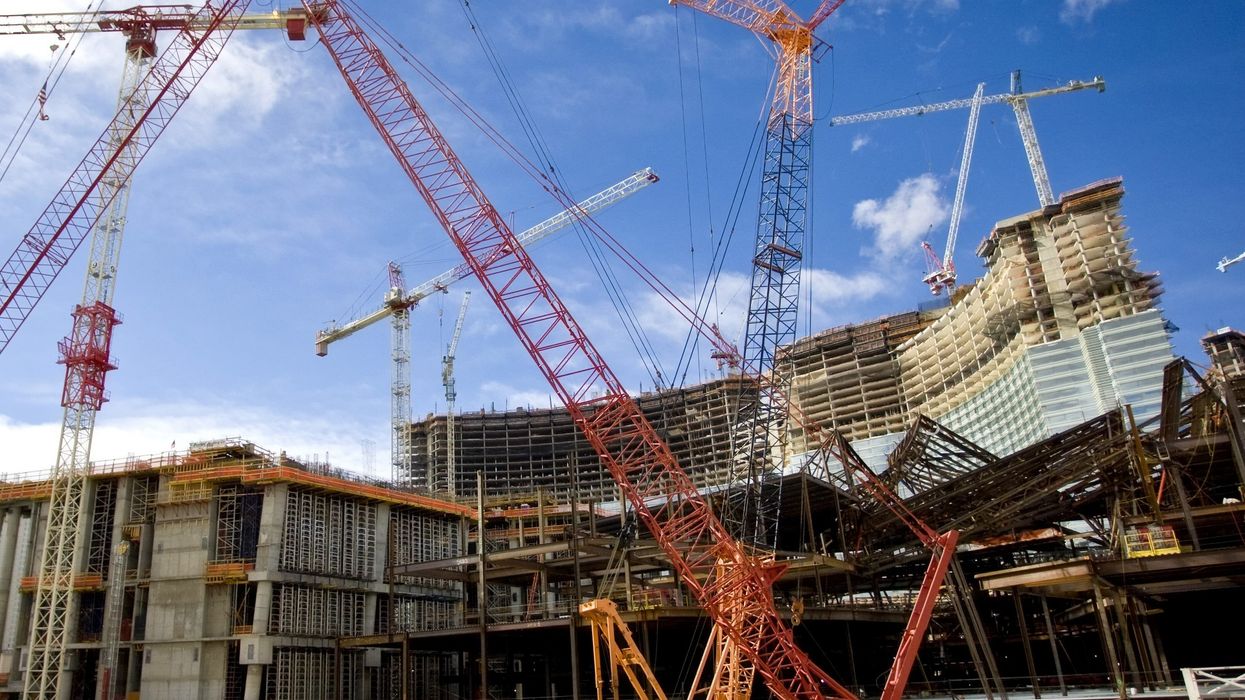THE U.S. HOTEL construction pipeline witnessed a slight increase in the third quarter of 2021 over second quarter, according to Lodging Econometrics (LE). However, it remained largely muted due to a reduced inflow of new projects as compared to “pre-COVID levels” and significant hotel openings in the first half.
Factors such as prolonged effects of the pandemic, above average inflation, rising interest rates, and material shortages and price increases will affect decision-making through the end of the year, it added.
There were 4,837 projects with 592,259 rooms under construction in the third quarter, down 8 percent by projects and 10 percent by rooms year-over-year. Projects under construction were also down in the third quarter, ending the quarter at 1,035 projects with 142,239 rooms.
According to LE, the U.S. opened 665 new hotels with 85,306 rooms with another 221 projects with 23,026 rooms anticipated to open by year-end, totaling 886 projects with 108,332 rooms for 2021.
Hotel projects in the early planning stage have reached a cyclical peak in the third quarter with 1,978 projects with 239,831 rooms, up 27 percent by projects and 25 percent by rooms when compared to 2020.
“Projects scheduled to start construction in the next 12 months are down 14 percent by projects and 15 percent by rooms, with 1,824 projects with 210,189 rooms in the third quarter when compared to last year mainly due to projects that have completed construction and have opened,” the LE report said. “Renovation and conversion pipeline activity remains steady in the third quarter , with conversion projects hitting a cyclical peak, and ending the quarter at 752 projects with 79,024 rooms. Combined, renovation and conversion activity accounts for 1,253 projects and 176,305 rooms.”
Analysts at LE said developers are reworking budgets, revising plans to minimize costs and adjusting construction start and project opening dates to endure the challenges of a recovering industry.
“Though the path to full recovery may be longer than originally expected, two main steppingstones aiding in the recovery have been the recent rise in hotel stock values as well as increases in lending activity. Rebounding hotel stocks and better-than-expected hotel and travel demand throughout the summer season has renewed developer sentiment,” the LE report said.
In 2022, 970 projects with 110,123 rooms forecast to open, and another 961 projects with 111,249 rooms anticipated to open in 2023, the report further said.
A recent report from STR said that as many as 48,000 rooms in the U.S. hotel pipeline dropped in September under pressure from the still lingering COVID-19 pandemic.





